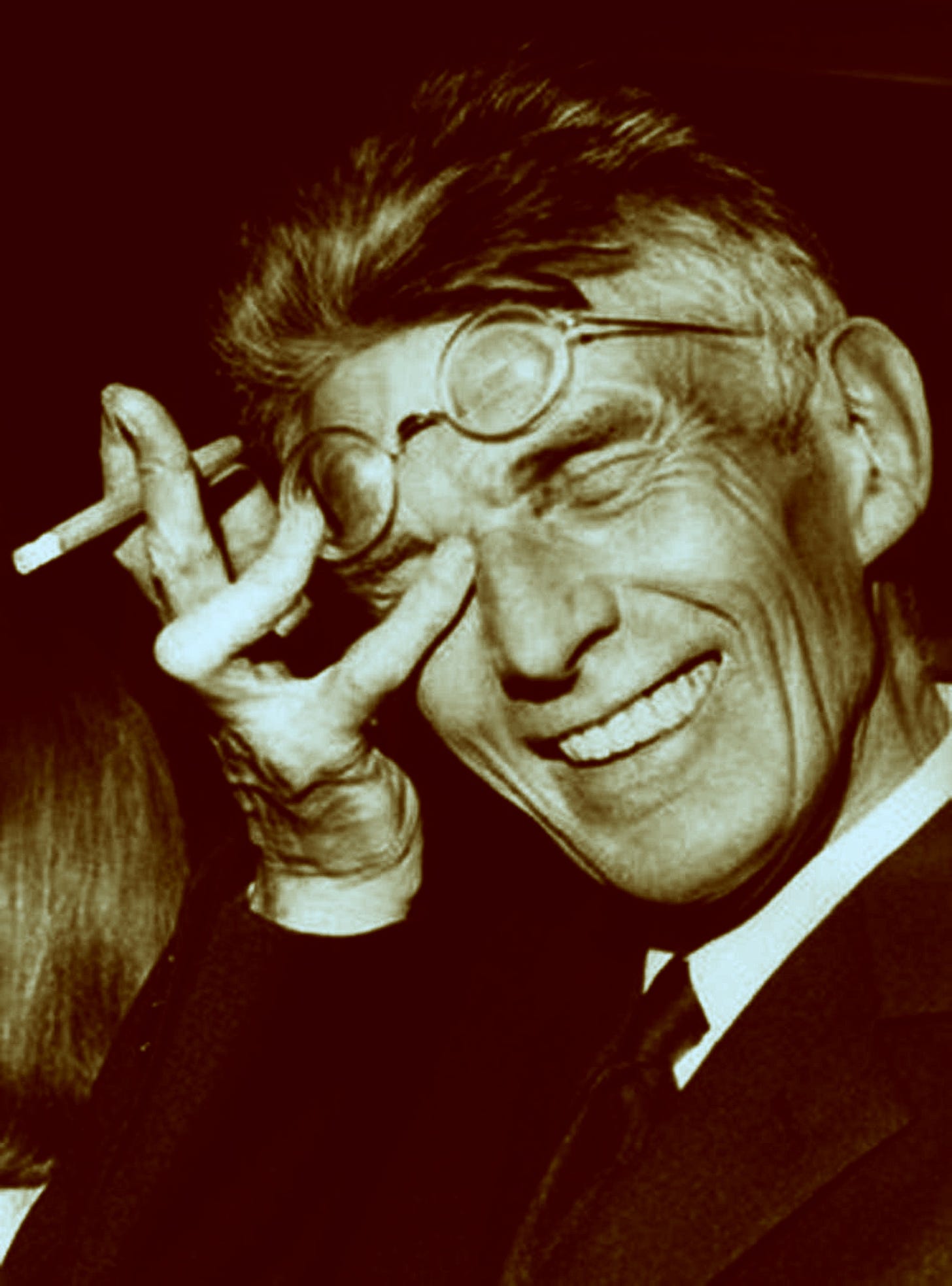Words are all we have.
The glimpses that we have of the intensely private Beckett from his friends reveal a man, a writer, driven by his commitment to words, not just any words, but words stripped bare, edited, and reduced, as if by doing this he could remove every inconsequential modifier and reveal meaning in its simplest form, the most direct form, without embellishment, without fluff.
34THPARALLEL MAGAZINE ISSUE 03
Raymond Federman knew Samuel Beckett not only as a writer but as a friend. Federman, a French-American writer who always spoke with Beckett in French, said: “Each time I would leave him holding on to a few precious words he had given me like a fragile gift.”
The glimpses that we have of the intensely private Beckett from his friends reveal a man, a writer, driven by his commitment to words, not just any words, but words stripped bare, edited, and reduced, as if by doing this he could remove every inconsequential modifier and reveal meaning in its simplest form, the most direct form, without embellishment, without fluff.
This was in contrast to his mentor’s style. Beckett once said of Joyce’s writing: “James Joyce was a synthesizer, trying to bring in as much as he could. I am an analyzer, trying to leave out as much as I can.”
So it is even more moving how Beckett’s words influenced those around him. This writer who was so careful, who wrote in French to prevent himself from attempting to write for style, seemed to say the most poignant things with the fewest words.
When Federman first met Beckett, he told him that he wanted to become a writer. In response, Beckett replied: “Raymond, whatever you write, never compromise, and if you plan to write for money or fame, do something else.” Federman cherished these words and hoped never to betray them.



Wonderful article. I would love to quote from Beckett's words to Federman in an essay I'm writing. Could I use this quotation with an attribution to the author and 34thMAG?